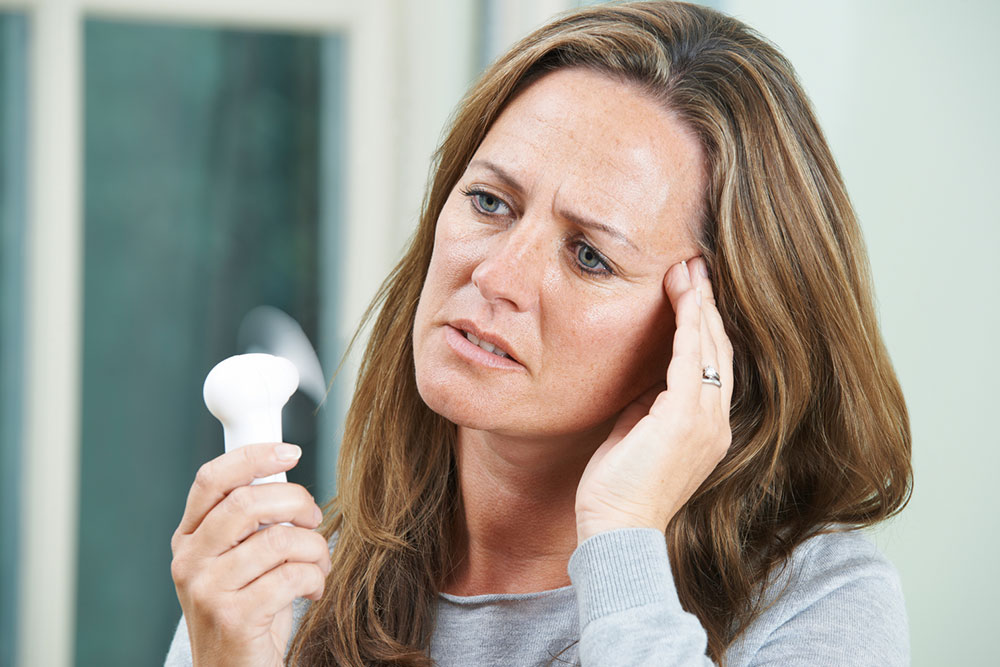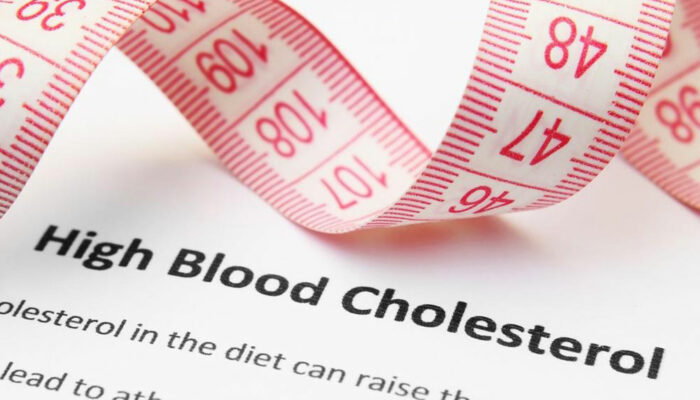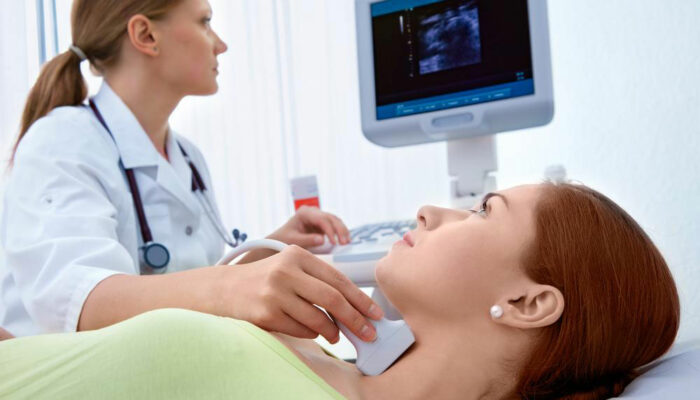
Menopause- Symptoms and treatment
Menopause is the phase in a woman’s life when she stops menstruating. It marks the end of her fertility cycle due to the natural depletion of ovarian oocytes. Every woman is born with a limited number of eggs, which are stored in her ovaries. These ovaries produce the hormones—estrogen and progesterone—which influence monthly ovulation and resulting menstruation. When the ovaries run out of eggs, a woman goes through menopause. A natural part of every woman’s life, there is often a lack of information about this health condition and it leaves many questions and doubts unanswered. There is also limited information on natural and traditional treatments for menopausal symptoms, such as black cohosh, ginger, imvexxy, and HRT. Here is all you need to know about menopause.
The typical age for menopause
The typical age for a woman to undergo menopause is between 50 to 55 years. Depending on genes, for some women, menopause may happen earlier or later than the typical age. The onset of menopause prior to the age of 40 years is known as premature menopause. It is known to occur in women who have undergone treatments such as a hysterectomy.
Symptoms of menopause
The symptoms of menopause vary among women depending on factors such as overall health condition and genetic aspects. The most common symptoms of menopause are:
- Hot flashes and night sweats
- Sudden mood swings and depression
- Vaginal dryness, resulting in painful intercourse
- Urinary tract infections (UTI) and incontinence
- Weight gain
- Headaches
- Fatigue
- Hair thinning
- Reduced bone mass
- Tenderness in breasts
- Stiffness in joints
Health complications associated with menopause
Menopause is a natural process that occurs every woman’s life. However, there are certain health complications that arise due to the lowered production of hormones in a woman’s body. Some of the health complications to watch out for include:
- Osteoporosis
- Clinical depression
- Overactive bladder
- Heart disease
- Vulvovaginal atrophy
When a woman goes through menopause, the doctor will recommend annual health check-ups to avoid the onset of any major diseases that could have huge repercussions on her health.
Menopause and birth control
Most women wonder whether they need to keep taking their birth control precautions while going through menopause. The answer to this is yes. Until you have not had a period for an entire year, you should continue with your birth control measures. There are chances, albeit rare, that you may still get pregnant. Also, postmenopause it is recommended that women practice safe sex techniques to avoid contracting any sexually transmitted infections (STIs).
Diagnosis and treatment
Menopause is diagnosed typically after a woman has not had her regular menstrual cycle for more than eight to ten months. The test involves a vaginal swab for pH levels, blood tests to check levels of follicle stimulating hormone and estrogen, lipid profile test, and a thyroid check. The doctor will also inquire into the severity of other symptoms such as hot flashes, night sweats, and mood swings.
Depending on the severity of the symptoms, the doctor will prescribe treatment options. General medications involve prescription of vitamin D and calcium supplements to offset osteoporosis. Some women, with severe thyroid complications, are given hormone replacement therapy. In a majority of cases, simply following a healthy diet and exercising regularly help overcome the symptoms of menopause.



